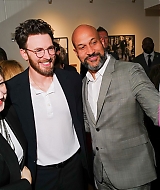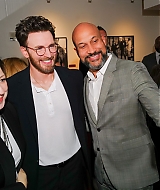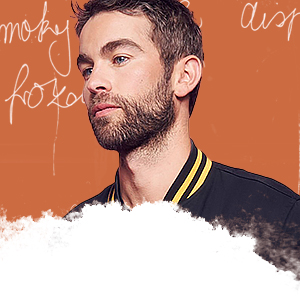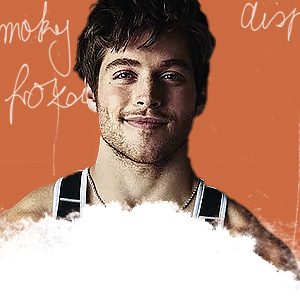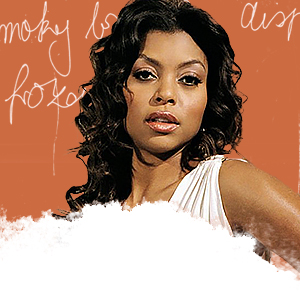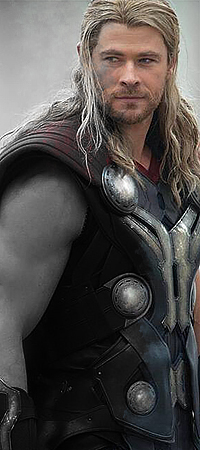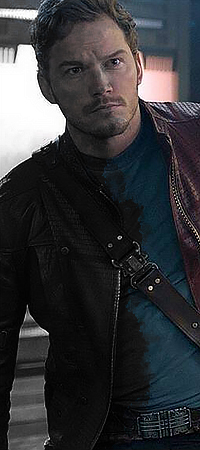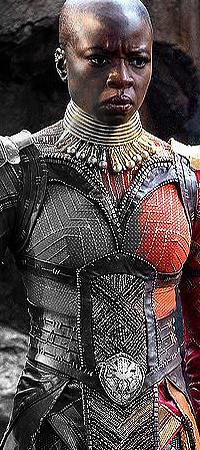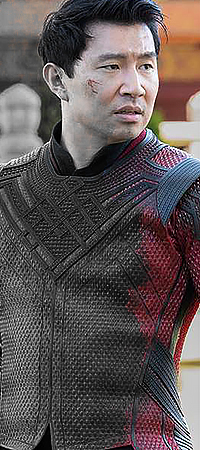

At some point, not long after Chris Evans finished the seventh of seven contractually obligated Captain America performances with 2019’s Avengers: Endgame, he left Los Angeles. The idea was, well—there were a few ideas. One was getting out of a town that Evans associates with “Pavlovian anxiety.” Another was going back home to Massachusetts, where Evans grew up and where he’s often resided since 2014. When he steps off the plane there, he says, it “takes me back to a place when life was not just simpler—that’s too reductive—but to a time where I was more pure, I guess; where my ego and my insecurities weren’t such a dominant force that I had to push against.” At his house just outside Boston, Evans says, “I really take my time.” Just thinking about it makes him smile. His voice turns boyish, sweet, soft: “I can’t believe I’m 42.”
Evans has been working steadily and successfully in Hollywood for more than 20 years. But he has not always felt in control there. When he was younger, he acted in a lot of what he now describes as “bad movies.” His first real successes in the industry came by way of a series of characters who were “jocky pricks,” he says: handsome, muscular assholes whose smugness was their most memorable quality. And then came Steve Rogers, otherwise known as Captain America, a character so defined and iconic—unlike other Marvel heroes, Cap has basically been the same virtuous guy since the day of his invention in 1940—that Evans’s main job was as much to be a caretaker as it was to be an inventor or an explorer.
None of these roles line up all that precisely with the way Evans is in his daily nonworking life, a fact that suits him. “There are some people that you meet and you just think, Man, that’s a movie star,” he says. He is adamant that he is not one of them. “I love to act,” he says. “But it’s not something that I couldn’t live without.” He has had enough success to be financially secure for the rest of his life, and probably a few lifetimes beyond. But despite that success, or maybe because of it, he is interested in, well: anything but the grand narrative of Chris Evans. “When I don’t pay attention to myself at all,” he says, “and just, you know, question why black holes exist, that brings into perspective a macro understanding of the fact that I’m even here is a miracle. It’s like shooting a bullet with another bullet. I mean, the fact that any of us are here is unbelievable. And that kind of just brings me a sense of deep peace. And I don’t have any more thoughts or questions about my own career.”




Before we met, I’d had this idea that in Evans’s life and work could be found all sorts of interesting notions about what it is to be a leading man in a modern film industry that is even now fighting for a sustainable logic. I thought: Last year alone he filmed three projects—Apple’s action comedy Ghosted, with Ana de Armas; Netflix’s Pain Hustlers, a sly, clever movie about the opioid crisis; and Amazon’s upcoming Christmas movie Red One, with Dwayne “The Rock” Johnson—that seem to tell a story about Hollywood in 2023, where the streamers are dominant, the actors and the writers are now on strike, and guys like Evans are trying to find their version of the careers that sustained their predecessors, where art and commerce coexist and original storytelling is still possible.
Then we met and Evans told me that all this, while potentially interesting to someone, is something he personally would prefer to never think about. It’s why he left Los Angeles in the first place. In Massachusetts, he says, he pays close attention to the passing of the seasons. He will literally marvel at a flower. “The fact that trees are green blows my mind,” Evans says. There are those who wonder at the universe because they’re naturally disposed to contemplate themselves as a small speck in a giant and ever expanding galaxy. And Chris Evans is probably one of those people, on balance. But mostly, these days, he marvels at the universe as a defense mechanism. “I’ve just learned early on that when I go small, I suffer,” Evans says. “When I look at my own life and it’s under a microscope, or when I consider my own experience, it leads to cyclical unhappiness.”
He’s not too sure about conversations like the one we’re having now either. “Even on the way here I was just thinking how much I dislike these things,” he says. “And I was like, Well, if that’s what you feel, say that.” But Evans also tends to read the stuff people write about him, and he hasn’t been happy in the past when he reads himself telling journalists he dislikes these things. “I’ve certainly gotten sick of hearing myself say that. Sometimes I’ve read it, I’m like, Shut up, Chris. Who the fuck cares? Shut up! Like, you’re just so complainy. Because you don’t want to seem that way. But like I said, I sometimes go into interviews with the mentality of: Say exactly what’s in your brain. Just say what’s in your brain.”
to read the rest of the article you can go here.






